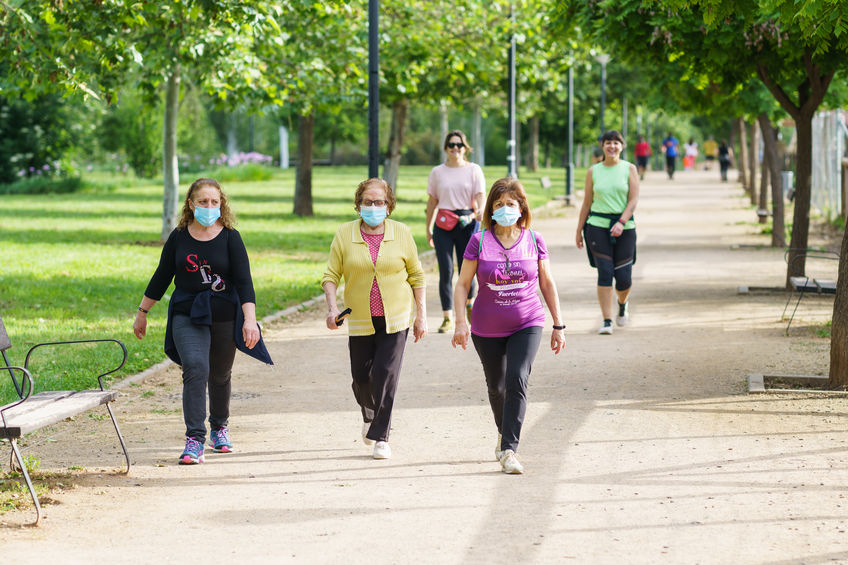On Wearing Masks

Wearing masks was a prime example of the source of many news-making disagreements early on during the COVID-19 pandemic and even now there is some disagreement. We are witnessing the polarization of ideas and attitudes regarding how best to deal with it.
But polarization can serve as an opportunity to re-evaluate our own judgments and behaviors. Never have we needed etiquette and empathy more.
A Search for Empathy
There are reasons why people might choose not to wear face coverings just as there are reasons for disagreement on any subject. Remaining calm when we disagree is more likely to bring about understanding.
Reasons for NOT wearing a mask when not required:
- Serious claustrophobia, impairing the ability to function, or traumatizing past experiences regarding the covering of the face.
- The belief that masks are not necessary when in the open air and socially distanced.
One of the primary principles of etiquette is to be respectful and considerate of another's right to believe what he wants, even if we do not agree that the choice is correct or wise.
The primary reason for wearing a mask:
- Medical evidence indicates that properly wearing a mask helps protect others and is personally protective as well--a win-win.
Acting Respectfully Whether or Not We are Wearing Masks
The practical etiquette question is, "How can I be more recognizably respectful to others?"
When there is a problem:
- Avoid scolding or shaming others who aren't wearing a mask. Most businesses now require masks, and it is up to the business to correct what is not allowed.
- If someone without a mask stands too close, step back and away or leave the area.
- Inform someone at the place of business who has the authority to enforce policy.
Follow the rules:
- Observe a business' or public requirement to wear a mask from start to finish while inside the store or where rules have been posted.
- Realize that wearing masks is now a social norm.
Guessing the motives of the behavior of others is counter-productive.
A good friend of mine has the secret to overcoming her harsh feelings of people who resist wearing masks. When she encounters such a person, she smiles under her mask and says to herself, “May you be safe. May you be well.” This helps her stave off resentment.
It's difficult to feel resentful when you are wishing someone well. Surely, avoiding resentment is good for your health.














